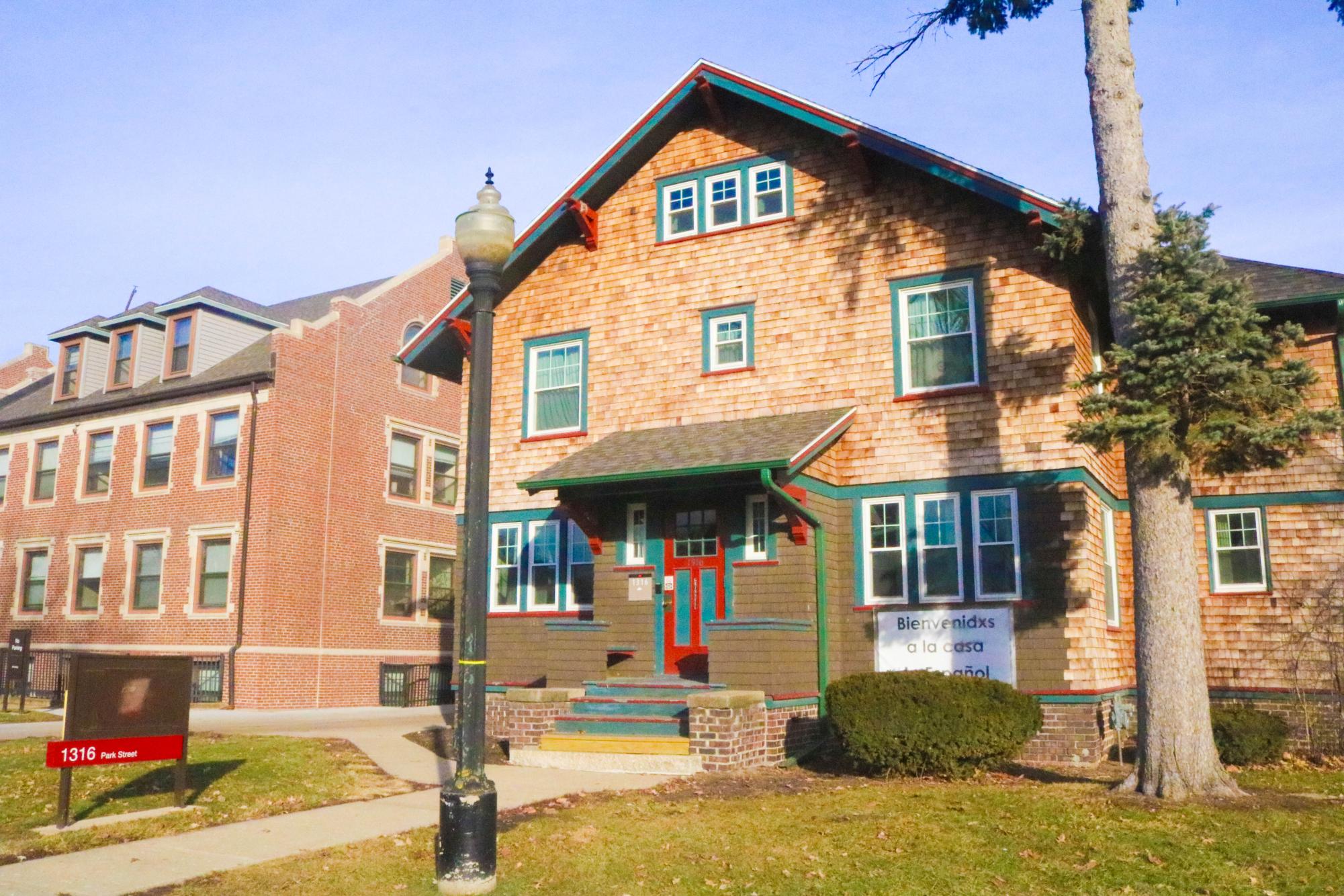The day before students were set to return from winter break on Friday, Jan. 19, the residents of Spanish House received an email from Britta Meints, assistant director of residence life and housing operations. Detailing damage to the house’s furnace and pipes, the email explained they would have to be “temporarily relocated” until Jan. 23. The relocation process was, overall, smooth-sailing, but residents described concerns over confusing communications and a lack of transparency.
According to Meints, it all began on Jan. 11, when the boiler in Spanish House broke down.
“When they were trying to reheat the boiler, they couldn’t get the house temperature hot enough,” she said, quoting an official statement by Facilities Management (FM).
Although they eventually managed to fix the boiler, they also discovered leaks in the two showers and the sprinkler system. Hence, Meints said that FM did not think the house was occupiable.
“It all happened so fast,” she said, noting that she only had an hour-and-a-half window to contact students and arrange replacement housing. “We were running, getting keys … I was meeting with Conference Operations, looking at what was available.”
The residents were eventually split into the College-owned Windsor House and Cook House.
Francisco Pontoja Martinez `25, Spanish House Coordinator, noted that the relocation process was “incredibly smooth,” and the temporary houses had been in good condition. Yet, he felt that communications between him, FM and Residence Life on the matter had been vague and frustrating.
According to him, an FM staff member had apparently told a resident that they had not realized students were returning on Tuesday, Jan. 23, and that they were still not confident in the house’s safety. When residents visited on Monday night, Martinez said, they too did not believe the house was ready to be reoccupied, leaving them “stressed.”
Meints’ account of events, however, hinted at no such incoordination between both departments. She said she had known of FM concerns that the sprinkler might still be leaking on Monday night. However, a check on Tuesday morning revealed no concerns. The chief of the Grinnell Fire Department had concluded the house was occupiable. Hence, students were allowed back on Jan. 23.
Although Martinez “greatly appreciated” that FM had gone as far as to consult with the fire department, he felt that the administration had only given residents “copy-paste responses” promising their safety was of utmost priority, instead of any proper reassurance.
“I brought the sprinklers up … they never talked about that.”
However, he gave credit to Dennis Perkins Jr., assistant dean of residence life and student conduct, for eventually working with FM to release an official statement outlining the exact sequence of events that took place over winter break.
Meints said that such events are rare, having only occurred twice in her two years working for the College.
“FM does a great job at maintaining the houses, making sure they meet safety standards,” she said. “We wouldn’t put students in a space that wasn’t occupiable.”







